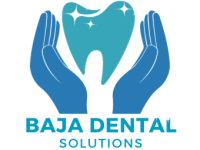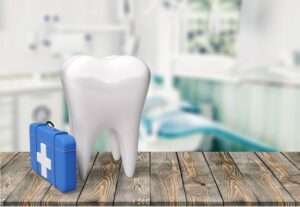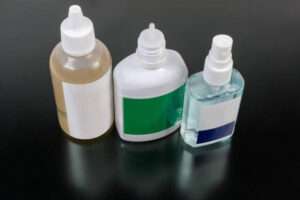Table of Contents

As we age, our bodies undergo various changes, and one area that often requires extra attention is our oral health. Many seniors struggle with dry mouth, a condition that can cause discomfort and increase the risk of dental problems. However, with some simple preventive measures and lifestyle changes, it’s possible to alleviate dry mouth and maintain a healthy smile well into our golden years.
Understanding Dry Mouth
Dry mouth, also known as xerostomia, occurs when the mouth doesn’t produce enough saliva to keep it moist. Saliva plays a crucial role in oral health by washing away food particles, neutralizing acids, and preventing tooth decay. When saliva production decreases, it can lead to a range of issues, including bad breath, difficulty swallowing, and an increased risk of cavities and gum disease.
Causes of Dry Mouth
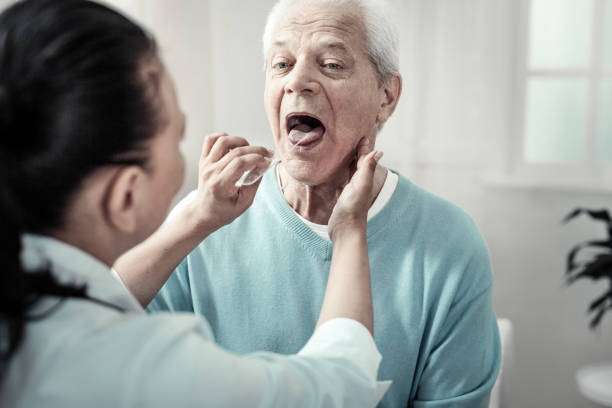
Several factors can contribute to dry mouth among seniors:
- Medications: Many medications, including those used to treat high blood pressure, depression, and allergies, can cause dry mouth as a side effect.
- Medical Conditions: Certain health conditions such as diabetes, Sjogren’s syndrome, and Parkinson’s disease can affect saliva production.
- Dehydration: Seniors may be prone to dehydration, especially if they have difficulty drinking an adequate amount of fluids.
- Lifestyle Factors: Smoking, excessive alcohol consumption, and breathing through the mouth can also contribute to dry mouth.
Now, let’s delve into some practical tips to help seniors combat dry mouth and maintain optimal oral health.
10 Dental Tips for Seniors to Prevent Dry Mouth

1. Stay Hydrated
One of the simplest ways to combat dry mouth is by staying hydrated. Drinking plenty of water throughout the day helps keep the mouth moist and promotes saliva production. Remember to sip water regularly, especially if you’re taking medications that may cause dry mouth.
2. Use Humidifiers
Using a humidifier in your bedroom can help add moisture to the air and alleviate dry mouth, particularly during the night when saliva production naturally decreases. A humid environment can make breathing easier and reduce discomfort associated with dry mouth.
3. Chew Sugar-Free Gum
Chewing sugar-free gum can stimulate saliva flow and help keep the mouth moist. Opt for gums sweetened with xylitol, a sugar substitute that has been shown to reduce the risk of cavities. Keep a pack of sugar-free gum handy and chew it after meals to promote saliva production.
4. Limit Caffeine and Alcohol Intake
Caffeine and alcohol can contribute to dehydration and exacerbate dry mouth symptoms. Limit your intake of caffeinated beverages and alcoholic drinks, and opt for water, herbal teas, or diluted fruit juices instead.
5. Practice Good Oral Hygiene
Maintaining a regular oral hygiene routine is essential for preventing dental problems associated with dry mouth. Brush your teeth at least twice a day with fluoride toothpaste, floss daily, and use an alcohol-free mouthwash to help keep your mouth clean and moist.
6. Use Saliva Substitutes
If you’re experiencing severe dry mouth, consider using saliva substitutes or oral moisturizers to help lubricate the mouth and alleviate discomfort. These products are available over the counter and can provide temporary relief from dry mouth symptoms.
7. Visit Your Dentist Regularly
Regular dental check-ups are crucial for seniors to monitor their oral health and address any issues before they escalate. Your dentist can provide personalized recommendations for managing dry mouth and maintaining good oral hygiene.
8. Choose Moisturizing Foods
Include moist and hydrating foods in your diet, such as fruits, vegetables, soups, and yogurt. These foods not only help keep your mouth moist but also provide essential nutrients for overall health.
9. Avoid Tobacco Products
Smoking and using other tobacco products can worsen dry mouth and increase the risk of oral health problems such as gum disease and oral cancer. If you smoke, consider quitting, and seek support from healthcare professionals or smoking cessation programs.
10. Monitor Your Medications
If you suspect that your medications may be causing dry mouth, discuss your concerns with your healthcare provider. They may be able to adjust your dosage or prescribe alternative medications that have fewer side effects on saliva production.
Advantages of Following Prevention Dental Tips for Seniors
- Improved oral health and overall well-being.
- Minimized likelihood of dental issues like cavities and gum disease.
- Enhanced comfort and reduced discomfort associated with dry mouth.
- Better ability to enjoy food and speak without difficulty.
- Increased confidence and self-esteem.
Disadvantages of Neglecting Oral Health in Seniors
- Higher risk of dental issues, including tooth decay and tooth loss.
- Increased susceptibility to oral infections and inflammation.
- Greater likelihood of experiencing discomfort and pain associated with dry mouth.
- Potential impact on nutrition and overall quality of life.
- Higher dental care costs associated with treating preventable oral health problems.
FAQs About Dry Mouth in Seniors

Medications can interfere with the normal function of salivary glands, reducing saliva production and leading to dry mouth.
Drinking plenty of water, chewing sugar-free gum, and using humidifiers are all-natural remedies that can help alleviate dry mouth symptoms.
In some cases, chronic dry mouth may be a symptom of an underlying medical condition, such as diabetes or Sjogren’s syndrome. It’s essential to consult a healthcare professional if dry mouth persists.
Common symptoms of dry mouth include a sticky or dry feeling in the mouth, frequent thirst, difficulty swallowing or speaking, and bad breath.
In many cases, dry mouth can be managed and symptoms alleviated with proper hydration, oral hygiene, and lifestyle modifications.
Yes, dry mouth can increase the risk of cavities because saliva helps neutralize acids and wash away food particles that can contribute to tooth decay.
Seniors with dry mouth should avoid consuming acidic and sugary foods and beverages, as these can further irritate the mouth and increase the risk of dental problems.
Yes, stress can exacerbate dry mouth symptoms by affecting saliva production and increasing mouth dryness.
Yes, there are several over-the-counter products available, including saliva substitutes, oral moisturizers, and mouth rinses designed specifically for dry mouth relief.
Seniors should schedule dental check-ups at least twice a year to monitor their oral health and address any issues promptly.
Conclusion: Prioritize Your Oral Health
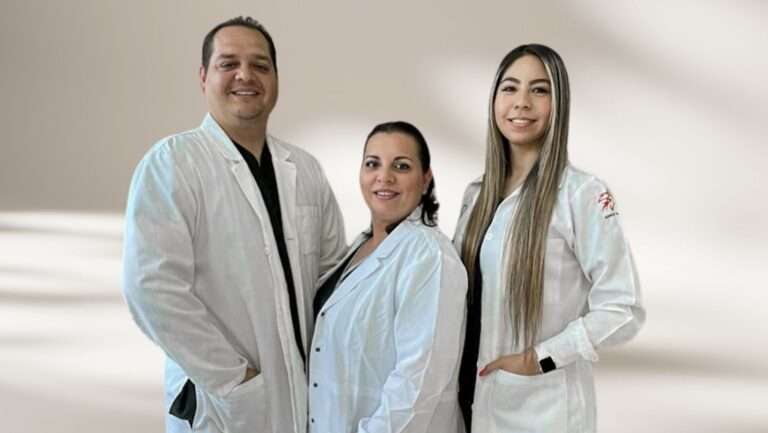
In conclusion, dry mouth is a common issue among seniors, but it doesn’t have to disrupt your quality of life. By following these prevention dental tips, you can say goodbye to dry mouth and maintain a healthy, comfortable smile for years to come. Remember to stay hydrated, practice good oral hygiene, and seek professional dental care regularly. Your oral health is an essential part of your overall well-being, so prioritize it and enjoy a vibrant, confident smile at any age here at Baja Dental Solutions in Tijuana, Mexico.
